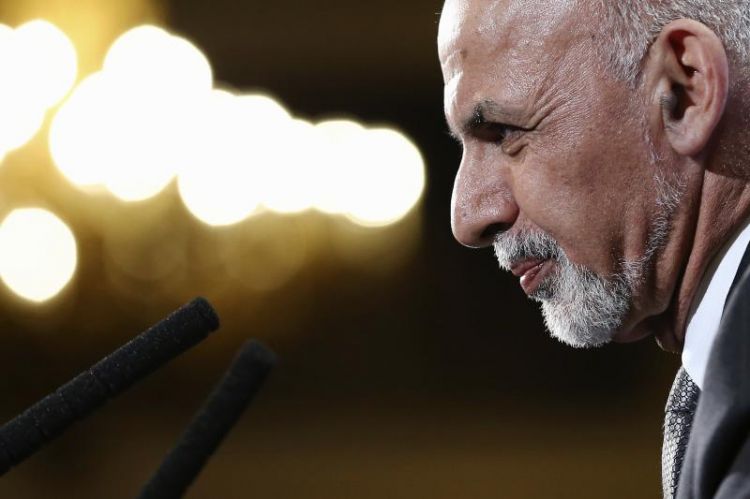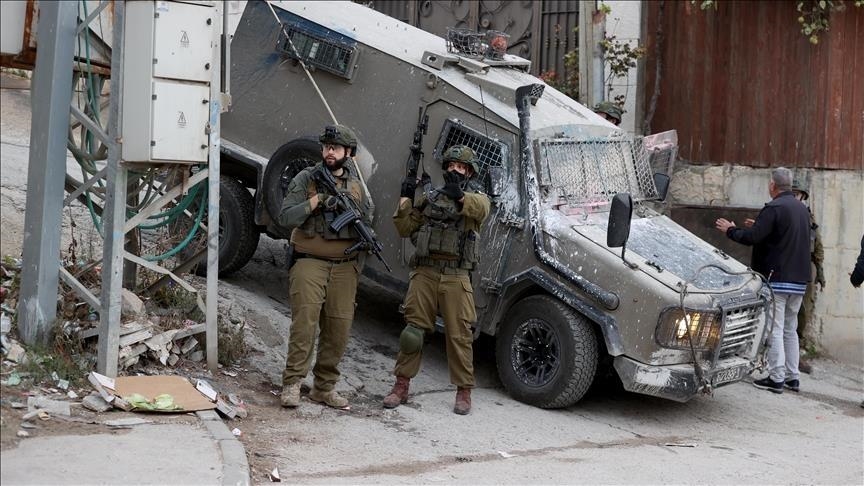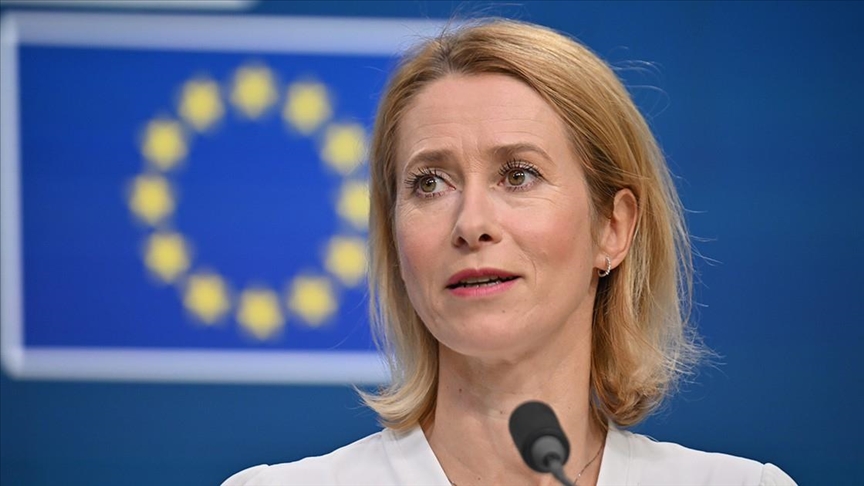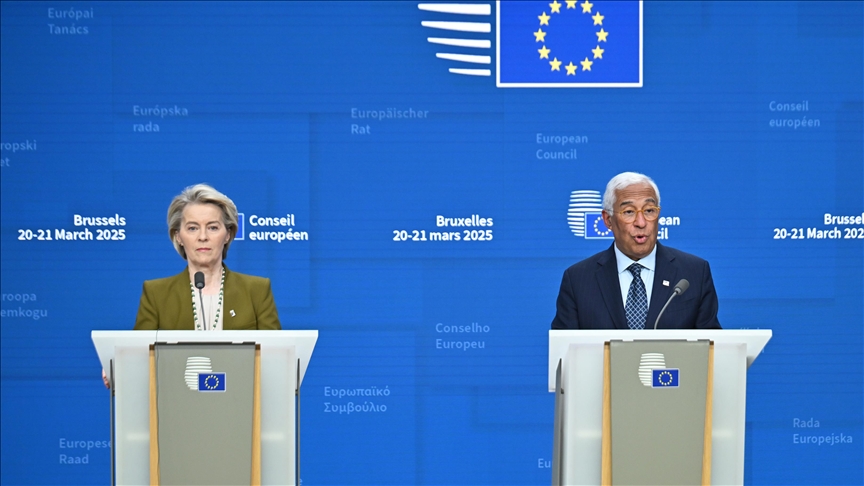Eurasia Diary present article "Afghanistan’s Moment of Risk and Opportunity" published in Foreign Affairs.
Article is wrriten by Ashraf Ghani, the President of Afghanistan.
President Joe Biden’s decision to withdraw the remaining 2,500 U.S. troops from Afghanistan by September represents a turning point for the country and our neighbors. The Afghan government respects the decision and views it as a moment of both opportunity and risk for itself, for Afghans, for the Taliban, and for the region.
For me, as the elected leader of the Islamic Republic of Afghanistan, it is another opportunity to reiterate and further my commitment to peace. In February 2018, I made an unconditional offer of peace to the Taliban. That was followed by a three-day cease-fire in June of that year. In 2019, a loya jirga (grand council) that I convened mandated negotiations with the Taliban, and since then, my government has worked to build a national consensus on the need for a political settlement that would comport with the values of the Afghan constitution and the UN’s Universal Declaration of Human Rights. My government remains ready to continue talks with the Taliban. And, if it meant peace would be secured, I am willing to end my term early.
For the Afghan nation, the announcement of the U.S. withdrawal is another phase in our long-term partnership with the United States. Afghanistan has been through consequential withdrawals before. In 2014, the year I first took office, 130,000 U.S. and NATO forces withdrew, allowing Afghans full leadership of the security sector and of the institutions that our international partners had helped us build. Since then, the Afghan National Defense and Security Forces (ANDSF) have protected and upheld the republic and made it possible for the country to carry out two national elections. Today, our government and our security forces are on a much stronger footing than we were seven years ago, and we are fully prepared to continue serving and defending our people after American troops depart.
The withdrawal also represents an opportunity for the Afghan people to achieve real sovereignty. Over the past 20 years, 40 different countries have deployed security forces to Afghanistan. Soon, however, all decisions regarding military approaches to the Taliban and other terrorist groups will be made by the Afghan government. Indeed, the Taliban’s justification for war—jihad against a foreign power—will cease to apply.
The U.S. decision surprised the Taliban and their patrons in Pakistan, and it has forced them to make a choice. Will they become credible stakeholders, or will they foster more chaos and violence? If the Taliban choose the latter path, the ANDSF will fight them. And if the Taliban still refuse to negotiate, they will be choosing the peace of the grave.
THE FUTURE THAT AFGHANS WANT
Afghans cannot and absolutely will not go back to the horrors of the 1990s. We are not idly waiting for peace to chance upon us but continue to take steps to create the environment and platform for it to take hold. The risks of the U.S. withdrawal have been widely propagated in the news media, but we see little serious discourse about the opportunities it presents.
All international stakeholders and the Afghan people want a sovereign, Islamic, democratic, united, neutral, and connected Afghanistan. The Afghan people affirmed their support for that end state at a peace jirga in August 2020. The international community affirmed its desire for that end state in March 2020 when the UN Security Council adopted Resolution 2513, which made clear that the world does not want the return of the Taliban’s emirate.
It is far less clear, however, what the Taliban want. They demand an Islamic system—but that already exists in Afghanistan. For any negotiations over a political settlement between the Afghan government and the Taliban to succeed, the Taliban must articulate their desired end state with clarity and detail.
Negotiations would require a credible and neutral mediator. That need is highlighted by the talks in Doha between the Afghan government and the Taliban; the talks lack such a mediator and have, so far, reached an impasse. The best-placed organization for this role would be the United Nations.
The first topics of negotiation must be reaching the desired end state and putting in place a comprehensive cease-fire to bring peace and respite to the daily lives of the Afghan people and to restore credibility and faith in the peacemaking process. Because cease-fires established during peace negotiations often fall apart, however, it is critical that we have international monitoring.
The negotiations would confront difficult issues, such as whether and how the Taliban would end their relationship with Pakistan, which provides them with support for logistics, finances, and recruitment. The talks must also address the Taliban’s ongoing connections to al Qaeda, which the UN detailed in a 2020 report. Thus it is crucial that the Afghan government and the Taliban also agree on an approach against the Islamic State (or ISIS), al Qaeda, and other terrorist groups and that our agreement include a framework for counterterrorism that secures guarantees of support from other countries in the region and from international organizations. The agreement must also ensure the continuation of high-level regional diplomacy and welcome the involvement of the UN secretary-general’s personal representative.
Once the Afghan government and the Taliban have reached a settlement, the Afghan people would need to publicly endorse it through our country’s highest form of national consensus building: a loya jirga, a grand meeting of male and female community leaders from every province. The Taliban have been deprived of immersion in Afghan society for the past 20 years, and a loya jirga would offer an ideal opportunity for their leadership to interact with all segments of the population.
After a political settlement has been negotiated, inked, and endorsed, the hard work of implementation would begin. This is the process of building peace. There is always a temptation to make the temporary permanent, which is why the peace government must prioritize elections.
In the interim, however, the transitional leadership would have to make a series of hard decisions about how to govern. Economic development, education and health services, and other key functions of the state would have to continue without disruption. Any stoppage would have disastrous ramifications for the Afghan people and for the economy. There would also be new priorities, such as releasing prisoners of war; integrating members of the Taliban in all levels of government, the military, and society; and addressing the grievances of those who have lost loved ones, property, and livelihoods during the past two decades of war.
A newly elected government will have an important mandate to sustain peace and implement the agreement. That may require making amendments to the constitution. The constitution makes clear that, except for the Islamic character of the state and the fundamental rights of citizens, all else is subject to amendment, and there are mechanisms in place to enact those changes.
The new government would also confront the reintegration of refugees (particularly those who fled to Iran and Pakistan), the resettlement of internally displaced people, and the often overlooked issue of national reconciliation. Meanwhile, the transitional cease-fire would have to give way to a situation in which state institutions command a legitimate monopoly on the use of force. And Afghanistan would need to commit to permanent neutrality in order to mitigate the risk of regional conflicts. The UN General Assembly or the UN Security Council would be the ideal venues for establishing and formalizing Afghanistan’s neutral status.
THE PATH AHEAD
Even in an ideal environment, achieving a just and lasting peace would not be an easy journey. And unfortunately, the environment we are operating in is not ideal. There are many risks that this process could be derailed or disrupted, and Afghans may lose yet another opportunity for peace.
Another risk is that a disrupted or disorderly transition could threaten command and control within the country’s security sector. There must be an orderly political process to transfer authority so that the security forces are not left without leadership and direction. Moreover, it is critically important that the United States and NATO fulfill their existing commitments to fund the ANDSF. This is perhaps the single most important contribution that the international community can make to a successful transition to peace in Afghanistan.
There is also a risk that Afghan political figures will not galvanize around an orderly peace process. Thus we are reaching out to ensure that the process is inclusive, not only of internal political figures and different strata of Afghan society but also of regional actors who could potentially attempt to spoil the process.
The main risk to peace, however, is a Taliban miscalculation. The Taliban still believe their own narrative that they have defeated NATO and the United States. They feel emboldened, and because their political leaders have never encouraged their military branch to accept the idea of peace, the greatest risk is that the Taliban will continue to show no earnest interest in making a political deal and will instead opt for continued military aggression.
If that is what happens, the Afghan government and the security forces are ready. As we prepare for peace talks with the Taliban, we are also prepared to face them on the battlefield. Over the last two years, more than 90 percent of Afghan military operations have been conducted entirely by Afghan security forces. Should the Taliban choose violence, it would mean a major confrontation over the spring and summer months, at the end of which the Taliban would be left with no good options except to come back to the negotiating table.
Pakistan might also miscalculate in a way that threatens peace. There have been positive signs that Pakistan will choose the path of regional connectivity, peace, and prosperity, as indicated in remarks delivered in March at the Islamabad Security Dialogue by Pakistani Prime Minister Imran Khan and the Pakistani army chief of staff, General Qamar Javed Bajwa. Those remarks could signify an important pivot from a destructive to a constructive approach to relations with Afghanistan. Now is the opportunity to put those words into action.
If Pakistan chooses to support the Taliban, however, then Islamabad would be opting for enmity with the Afghan nation and would be foregoing the enormous economic benefits that peace and regional connectivity would offer. Pakistan would become an international pariah, as it would be left with no leverage in the aftermath of the U.S. troop withdrawal. The Pakistani government miscalculated in its response to the United States’ plan of action for Afghanistan and the region, but it is not too late for Islamabad to emerge as a partner and stakeholder in an orderly peace process.
As we move into uncharted waters for Afghanistan, I am focused on achieving the best possible outcome of this long period of conflict: a sovereign, Islamic, democratic, united, neutral, and connected Afghanistan. I am willing to compromise and sacrifice to achieve that. The withdrawal of U.S. troops is an opportunity to get us closer to that end state, but only if all Afghans and their international partners commit to a clear path forward and stay the course.










